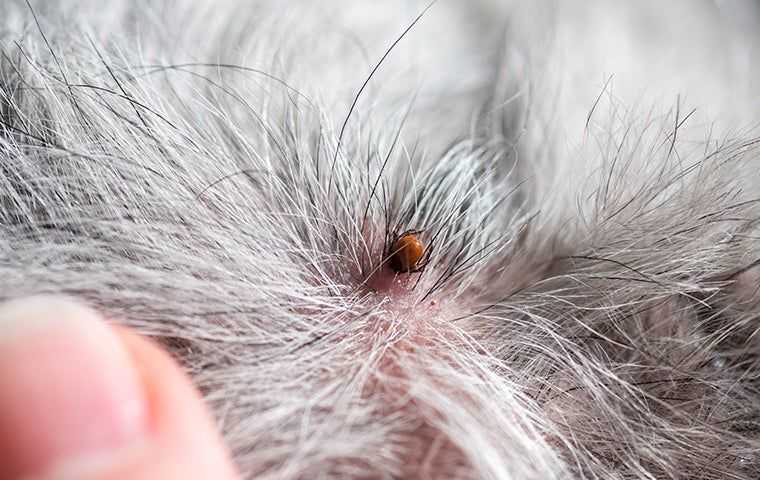
Phoenix is known for its beautiful desert landscapes and warm weather. However, it's also home to a variety of pests, including ticks. As temperatures rise, these parasites become more active and pose a significant threat to both humans and pets. Pest control in Phoenix is essential to manage tick infestations and prevent the spread of tick-borne diseases. Tick removal can be a challenging task, and it's essential to take precautions when spending time outdoors to avoid ticks. In this article, we'll explore the truth about ticks in Phoenix and the importance of tick control measures to protect your family and pets.
The Types Of Ticks That Can Be Found In Phoenix
When it comes to ticks in Phoenix, there are several different kinds of ticks in the area. The most common species in Phoenix include the blacklegged tick, the brown dog tick, and the Rocky Mountain wood tick. The brown dog tick is the most prevalent, and you'll often find them in kennels and other indoor areas. The Rocky Mountain wood tick and black-legged tick are more common in wooded and grassy areas. Effective tick control measures are crucial to prevent these tick species from causing harm to humans and pets. Understanding the different kinds of ticks is essential in order to implement effective tick prevention strategies.
Ticks Can Be Very Dangerous
Ticks are more than just a nuisance; they can be very dangerous. These parasites feed on the blood of humans and animals and can transmit a variety of diseases, including Lyme disease, Rocky Mountain spotted fever, and ehrlichiosis. Symptoms of these tick-borne illnesses can range from mild to severe and even be fatal in some cases. Implementing tick protection measures is crucial to preventing tick bites and reducing the risk of tick-borne diseases. Some of these protection measures include using insect repellent, wearing protective clothing, checking for ticks after spending time outdoors, and seeking medical attention if you develop symptoms of a tick-borne illness.
Five Handy Tips To Protect Yourself From Tick Bites
Ticks can transmit serious diseases to humans and animals, so protecting yourself from tick bites is essential to staying safe and healthy. Here are five handy tick prevention tips:
- Wear long pants and long-sleeved shirts outdoors in wooded or grassy areas. Tucking your pants into your socks can also help prevent ticks from crawling up your legs.
- Use insect repellent that contains DEET or another EPA-approved ingredient to repel ticks. Apply it to exposed skin and clothing.
- Inspect your body and clothes for ticks right after spending time outdoors. Do the same for any children or pets that accompany you. Pay special attention to areas such as the scalp, behind the ears, under the arms, and around the waist.
- Bring tweezers with you outdoors to remove any ticks immediately if found. To do so, you'll want to grab hold of the tick with tweezers as close to the skin as possible and pull it straight out. Avoid crushing the tick's body or leaving the head embedded in the skin.
- Keep your yard well-maintained by mowing the lawn regularly, removing any leaf litter and brush, and creating a barrier between wooded areas and your lawn.
These tick prevention tips can help you avoid tick bites and reduce your risk of tick-borne illnesses.
The Key To Effective Tick Control For Phoenix Properties
Effective tick control is crucial for Phoenix properties to keep ticks at bay and prevent the spread of tick-borne diseases. Eco Valley Pest Control is a top-rated pest control company in Phoenix specializing in tick control. We offer a range of eco-friendly home pest control solutions to eliminate ticks and other pests from your property. Our experts use the latest techniques and equipment to ensure your property remains tick-free. By partnering with Eco Valley Pest Control, property owners in Phoenix can enjoy peace of mind knowing that their property has protection against ticks and other pests. If you think you have a tick problem, don't hesitate to contact us today.

